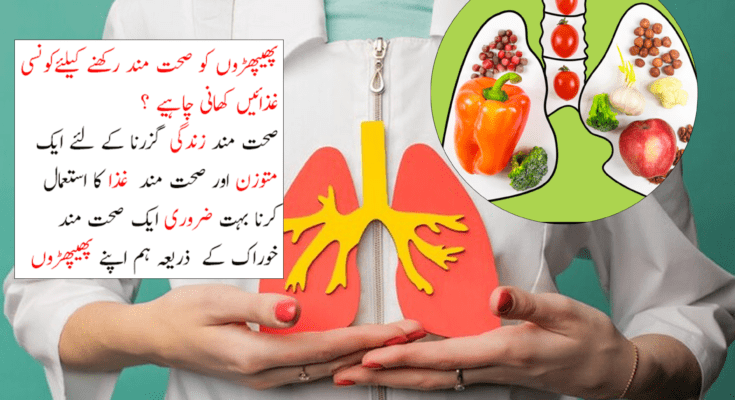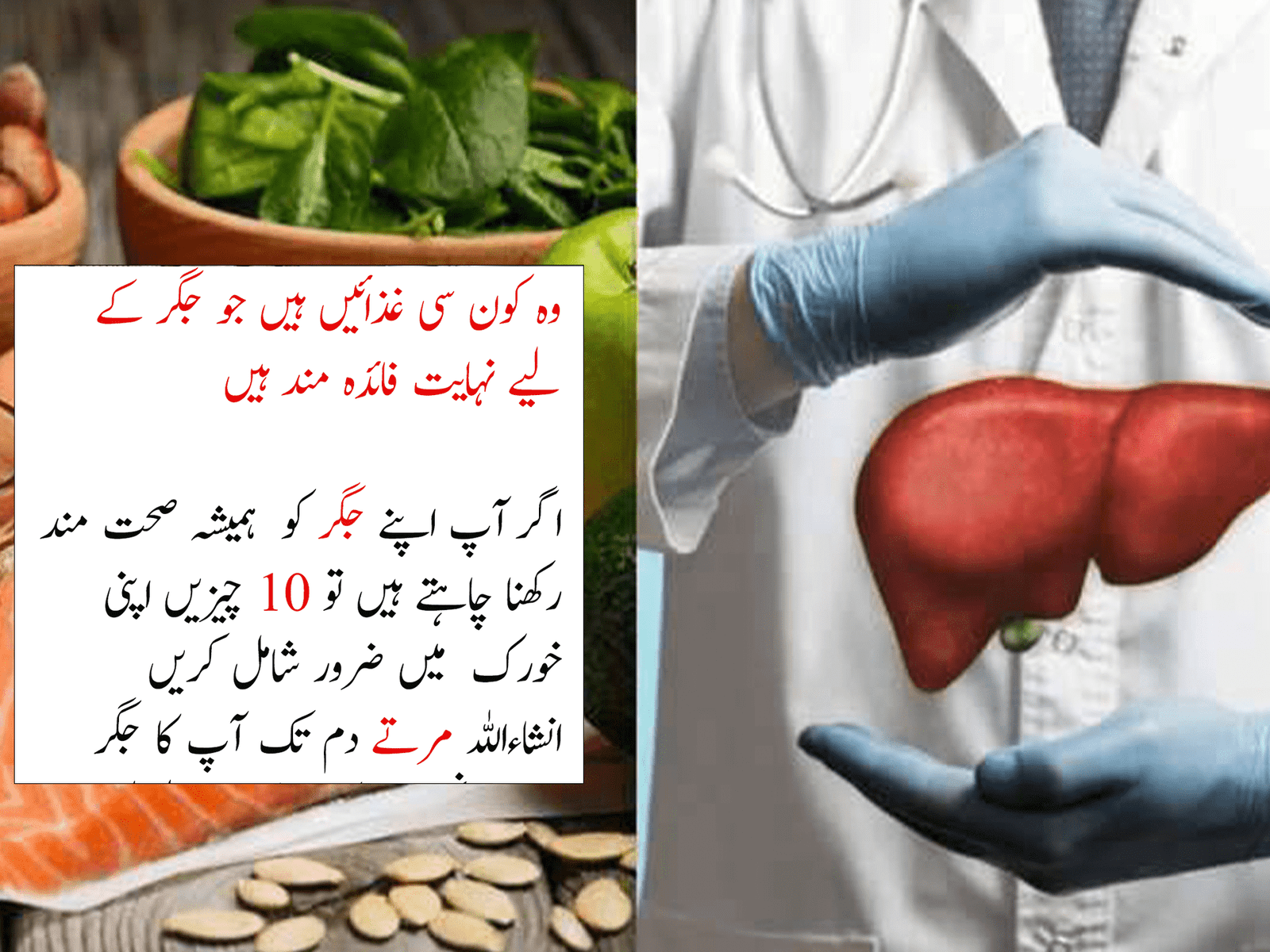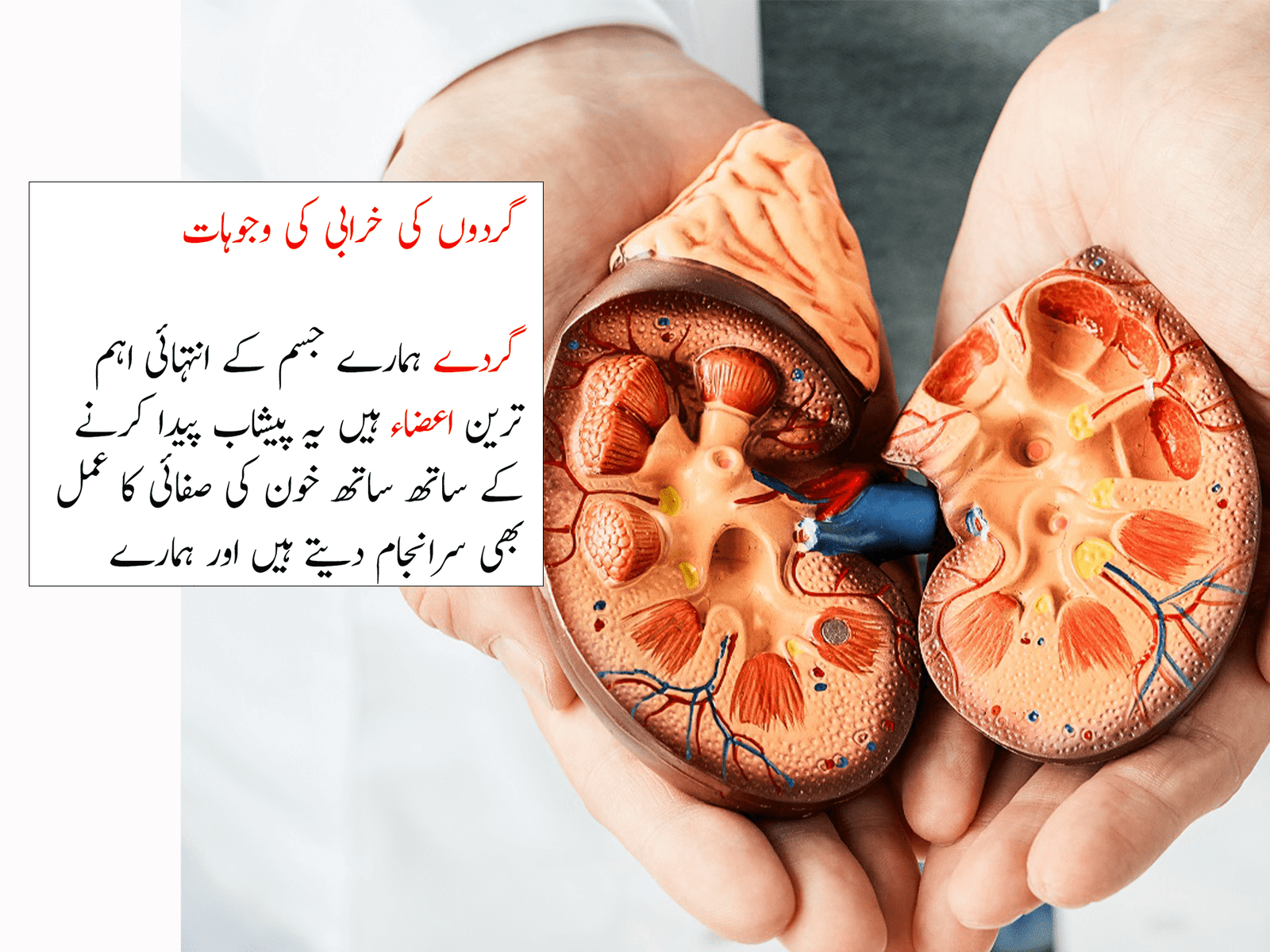Optimizing Lung Health Through Diet
In a world where air quality can often be compromised, maintaining healthy lungs is of paramount importance. Your lungs are incredible organs, constantly at work to provide your body with life-sustaining oxygen. To ensure their well-being, it’s crucial to consider what you’re putting on your plate. In this article, we’ll explore the foods that can significantly contribute to keeping your lungs healthy and robust.
The Power of Antioxidants
Antioxidant-Rich Foods for Lung Health To begin our journey towards optimal lung health, let’s delve into the world of antioxidants. These powerful compounds play a crucial role in protecting your lungs from oxidative stress and damage caused by free radicals. Incorporating foods rich in antioxidants into your diet is a smart choice.

Berries
Berries such as blueberries, strawberries, and raspberries are packed with antioxidants like vitamin C. These little gems can help reduce inflammation and support overall lung function.
Leafy Greens
Spinach, kale, and Swiss chard are excellent sources of antioxidants, vitamins, and minerals. Their anti-inflammatory properties can assist in maintaining lung health.
Omega-3 Fatty Acids
The Role of Omega-3 Fatty Acids Omega-3 fatty acids are renowned for their numerous health benefits, including their positive impact on lung health. These healthy fats can reduce inflammation, making it easier for your lungs to function optimally.
Fatty Fish
Salmon, mackerel, and trout are rich in omega-3 fatty acids. Including these fish in your diet can promote lung health and reduce the risk of respiratory issues.
Vitamin D
Harnessing the Power of Vitamin D
Vitamin D, often referred to as the sunshine vitamin, plays a vital role in lung health. It helps regulate the immune system and reduces the risk of lung infections.
Egg Yolks
Egg yolks are a natural source of vitamin D. Including them in your diet can help maintain healthy lungs.
Stay Hydrated
The Importance of Hydration
Proper hydration is often overlooked but is essential for lung health. Staying well-hydrated keeps the mucous membranes in your respiratory tract moist, aiding in the efficient movement of mucus and the removal of irritants.
Water
Water is the most natural and effective way to stay hydrated. Aim to drink at least eight glasses of water a day to support your lung function.
Foods to Avoids
Steer Clear of Lung Irritants
While it’s crucial to focus on the foods that enhance lung health, it’s equally important to avoid those that can harm your respiratory system.
Processed Foods
Processed foods, often high in trans fats and artificial additives, can contribute to inflammation and lung issues. Reducing their consumption is advisable.
Excessive Salt: A Sodium Scourge
High-sodium diets can lead to fluid retention, making it harder for your lungs to function optimally. Be mindful of your salt intake.
Conclusion
Maintaining healthy lungs is an essential aspect of overall well-being. By incorporating antioxidant-rich foods, omega-3 fatty acids, vitamin D sources, and staying hydrated, you can support your lung function effectively. Additionally, being cautious of processed foods and excessive salt intake will help protect your lungs from harm. Remember, your lungs work tirelessly to keep you breathing—return the favor by giving them the nutrients they need to thrive.







